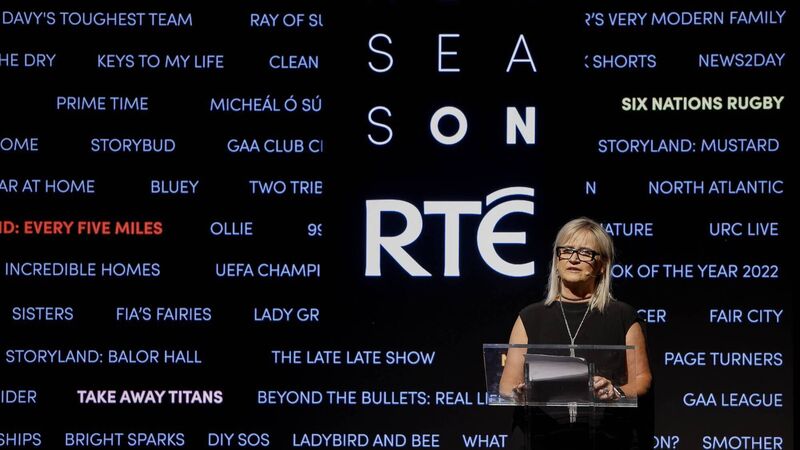RTÉ to pay off 'bogus' self-employed workers

Dee Forbes, director-general, RTÉ. The State broadcaster has sent offer letters to workers affected. Picture Andres Poveda Photography
RTÉ has proposed a series of reimbursement payments for employees deemed to have been bogus self-employed — but only for those covered by a review dating from 2018.
The State broadcaster last week sent offer letters to workers deemed under the review — performed by consultants Eversheds Sutherland — to have been incorrectly categorised as contract workers, offering payments of between €2,500 and €17,500 in “recognition of past continuous service”.










